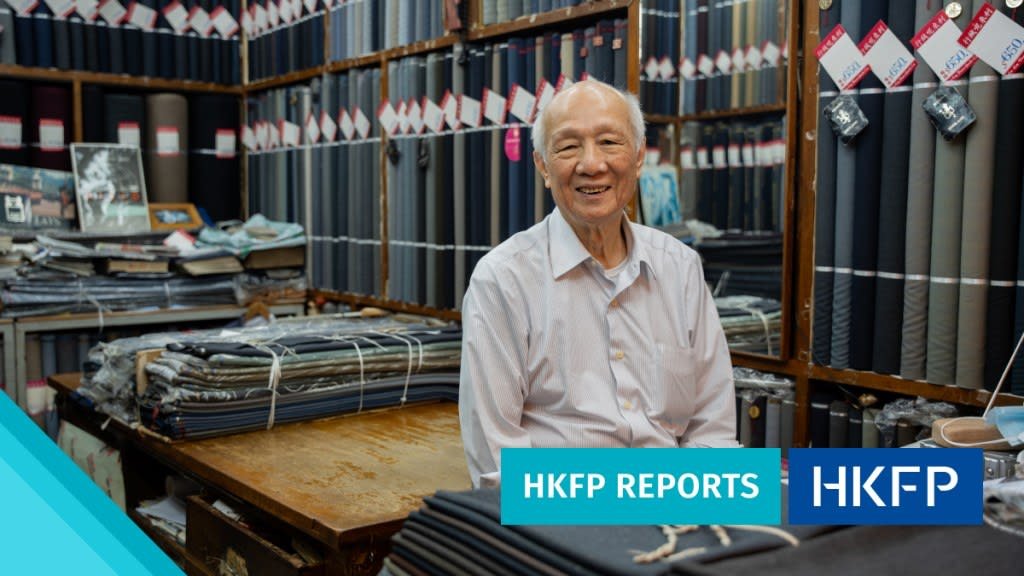
Equatorial Guinea Reopens Licensing Process in Houston: An International Opportunity
— Laying the groundwork for significant licensing rounds in 2025/2026
Cape Town, South Africa —
Equatorial Guinea has formally restarted its open-door licensing procedure for 2025, paving the way for a significant licensing round towards the end of 2025 or beginning of 2026.
This step signifies a strategic change towards emphasizing licensing and exploration, concentrating strongly on competitive regulation, tax benefits, and transparent data.
These advancements will be highlighted during African Energy Week (AEW) 2025: Invest in African Energies, happening in Cape Town from September 29 to October 3. The “Invest in African Energies: Equatorial Guinea” session will offer an opportunity for international investors to interact with the nation’s developing energy plans.
At CERAWeek in Houston recently, Equatorial Guinea’s Minister of Mines and Hydrocarbons, Antonio Oburu Ondo, presented the nation’s detailed exploration plan designed to increase hydrocarbon production, draw investments, tackle falling output levels, and improve competitive standing.
The fiscal reforms entail lowering the corporate tax rate from 35% to 25%, decreasing the dividend tax from 25% to 10%, and cutting the withholding tax for residents from 6.25% to 3% (or from 15% to 10% for non-residents). The nation’s open-access approach allows international oil and gas firms to obtain licenses via an expedited procedure that includes direct talks with the government.
The government’s robust promotional initiatives have swiftly borne fruit, resulting in seven new production-sharing agreements being granted at an unprecedented pace. Among these, Africa Oil Corp secured blocks EG-31 and EG-18, Chevron acquired blocks EG-11 and EG-06, Panoro Energy obtained blocks EG-23 and EG-01, and Antler Global was allotted block EG-08.
The upcoming licensing phase will be supported by a revised and more competitive taxation statute, an enhanced petroleum act, along with the initiation of a shared 3D seismic survey program—all designed to enhance investors’ trust and expedite exploration activities.
The upcoming multi-client 3D seismic survey and reprocessing of historical data will commence by the end of this year, guaranteeing that investors receive top-notch geological information.
This initiative will take center stage at AEW 2025, where industry leaders will delve into how improved data sharing and greater transparency can boost exploration successes throughout Africa. This aligns with their increased emphasis on drilling activities; as stated by Minister Oburu Ondo, all of the nation’s operators have conducted in-field or exploratory drilling programs in 2024 or intend to carry out such operations from 2025 through 2027.
Equatorial Guinea’s Gas Mega Hub continues to be a cornerstone of its energy plan, with current partnerships with Cameroon concerning the Yoyo-Yolanda fields and Nigeria regarding the Gulf of Guinea Pipeline Project aimed at utilizing and processing gas through the onshore Punta Europa facilities.
The nation is progressing with several phased programs such as the Alen Gas Utilization Initiative (580 BCF), the Alba Tail Gas Conversion Program (825 BCF), and the Aseng Gas Enhancement Scheme (~1 TCF) to reinforce its role as a leading natural gas hub in the region.
The administration is likewise advancing climate efforts, striving to transform Equatorial Guinea into a frontrunner for natural gas and transitionary energy solutions while setting up carbon credit projects via global partnerships.
As Africa strives to draw investments to revamp its energy industry, Equatorial Guinea’s thoughtful policy changes offer an example for other countries. They show that fostering regulatory attractiveness, welcoming investors, and establishing solid permitting systems can lead to sustained prosperity.
Provided by Syndigate Media Inc. (
Syndigate.info
).


















Post Comment